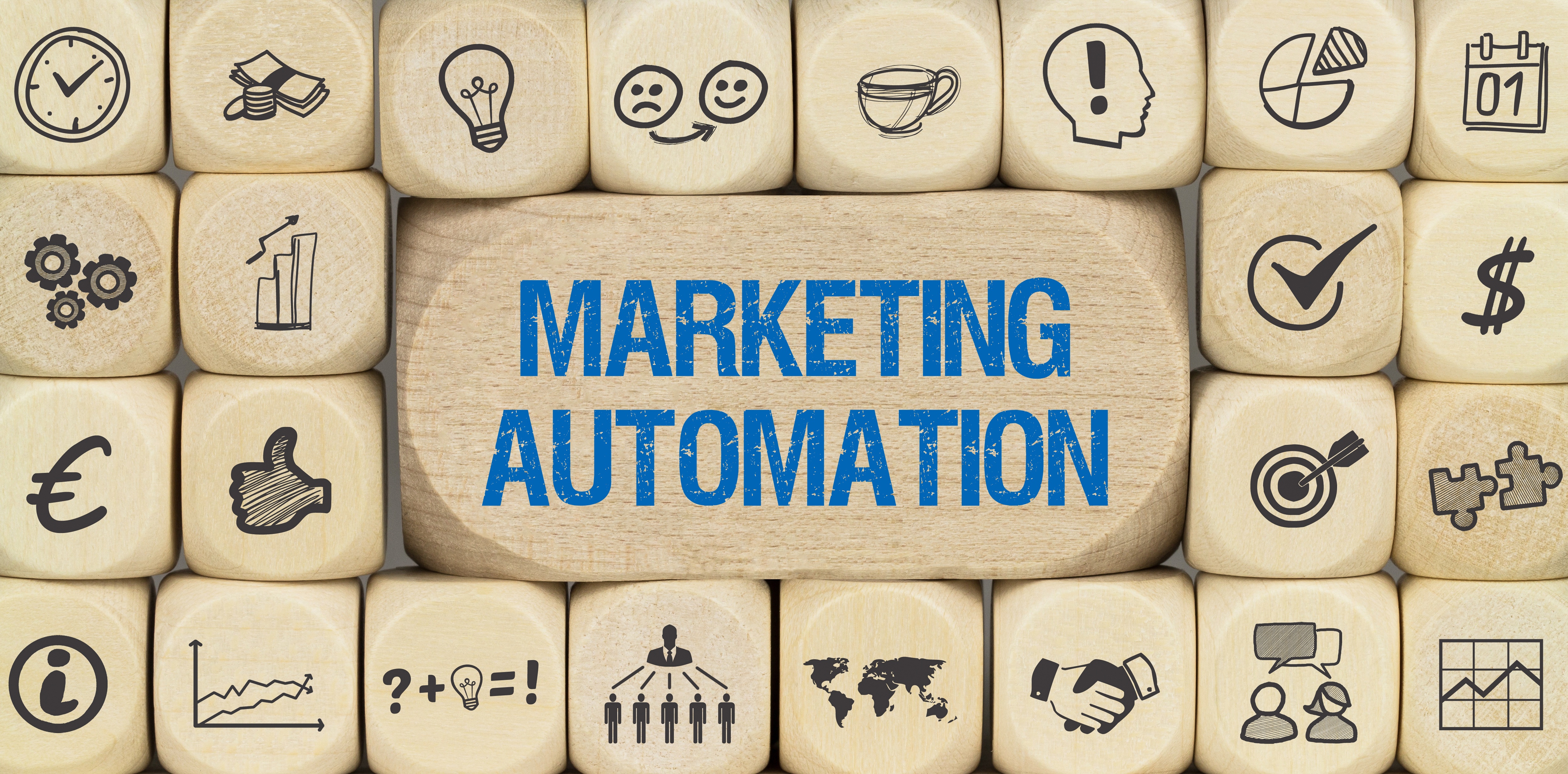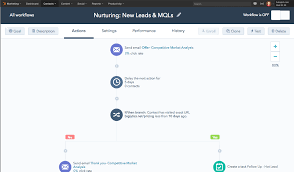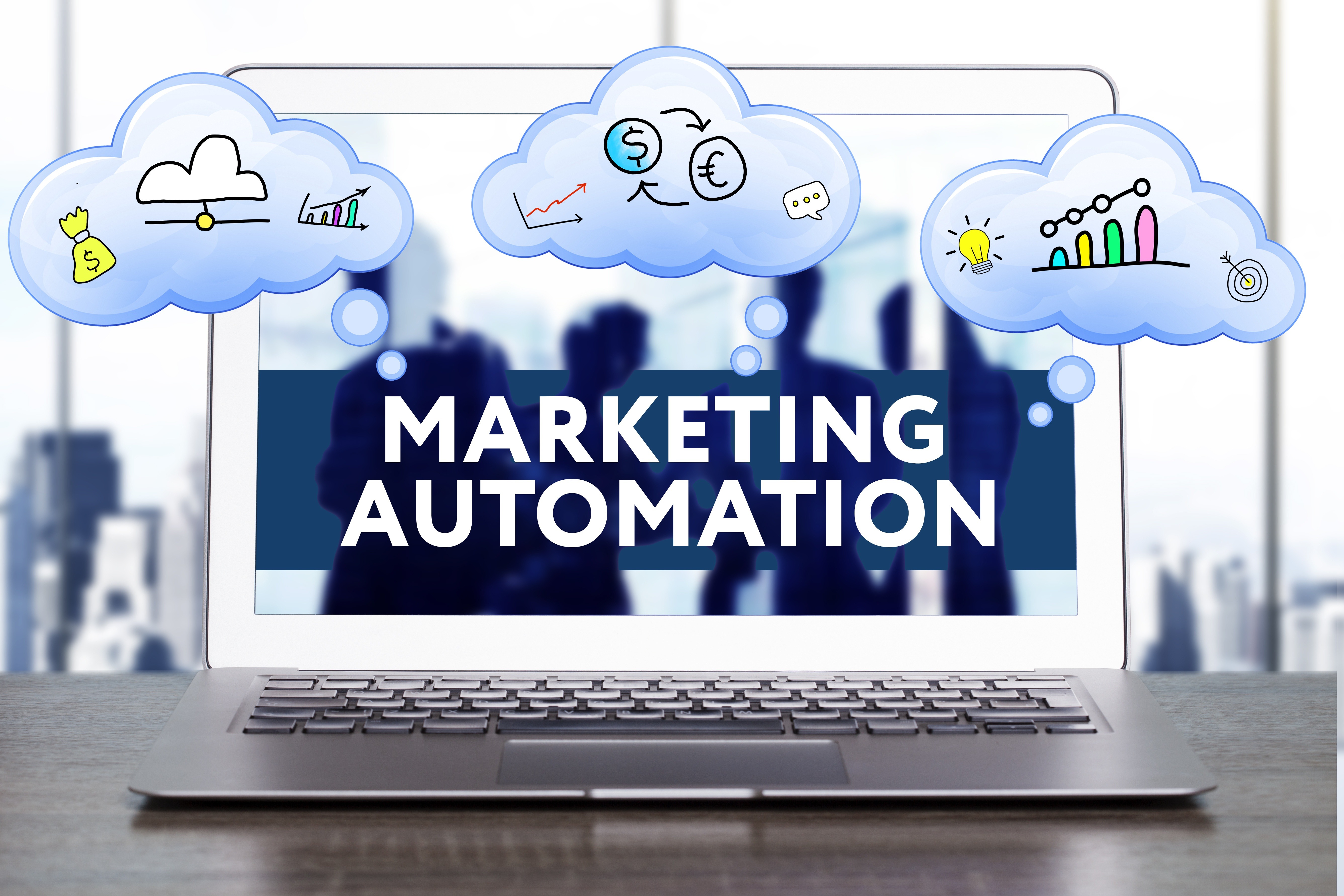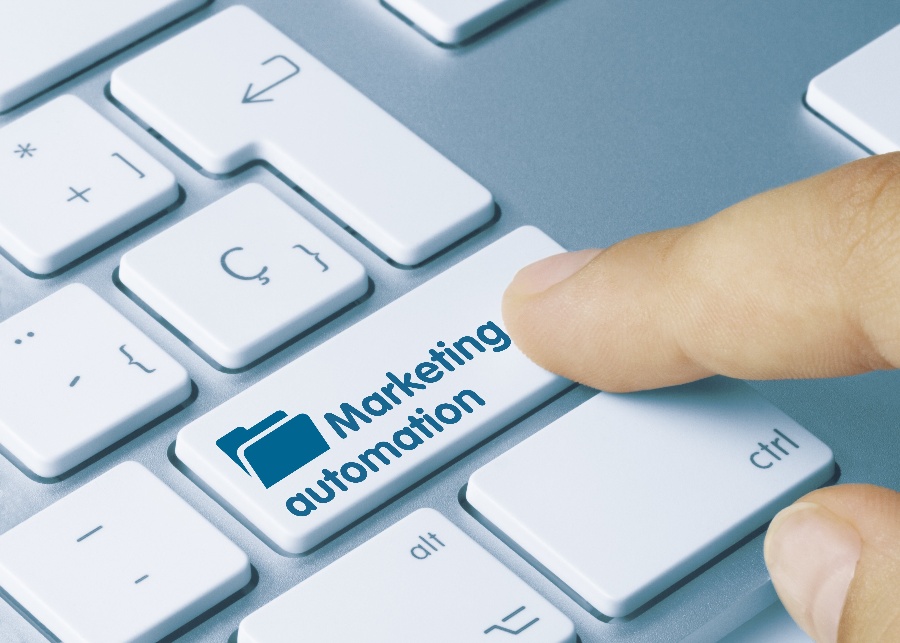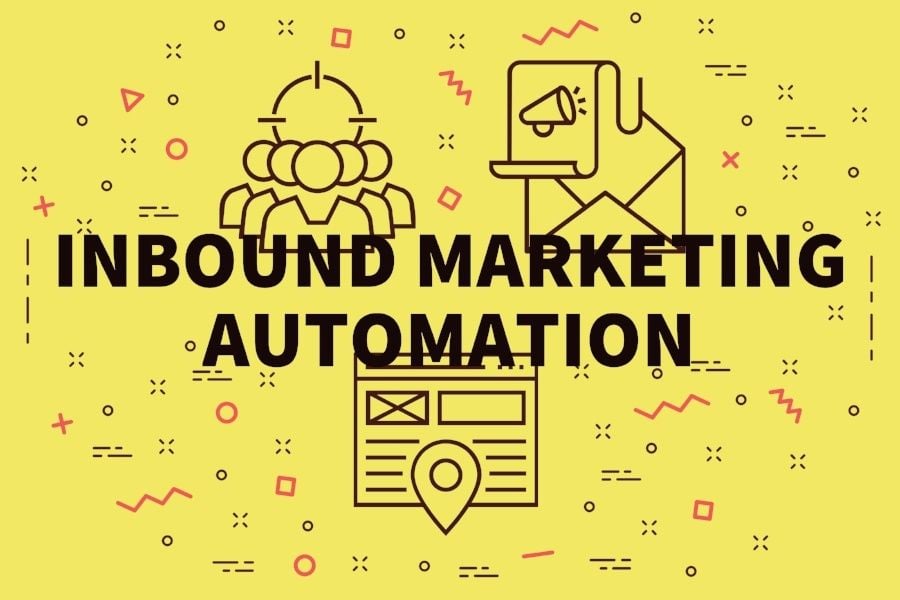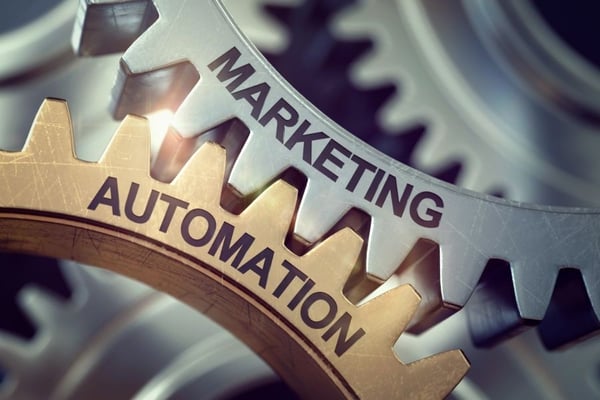
The future of digital marketing will be increasingly automated. Advancements in technology have brought new strategies and tools at pricing affordable to businesses of any size.
Marketing automation has been growing extremely rapidly over the course of the last decade. As more tools become available at lower price points, companies in all industries have worked to grow their marketing automation foundation to better serve their customers.
Take a look at this graph to see how rapid the growth has been in recent years, with estimates showing that growth will continue well into the next decade:
At RiseFuel, we work with companies in many industries, helping them to build out the basic marketing automation and inbound marketing best practices that lead to consistent, reliable growth.
What Is Marketing Automation?
Marketing automation uses technology to help marketers to better manage their relationships with customers and prospects without having to ramp up their marketing resources to do so. It’s a category of technology that allows companies to streamline their processes, automated their publishing and messaging, and measure their effectiveness for optimization.
So what is marketing automation? In short, a marketing automation platform typically includes at least three main components:
- A marketing database. The place for your company to store all of your data, including detailed prospect and customer profiles. This database will also track every interaction with customers so that you can segment them and deliver relevant, personalized marketing messages.
- An engagement engine. A platform for creating, managing, and automating marketing processes, messaging, and conversations across all of the different marketing channels that you utilize.
- An analytics platform. A way to track, test, and measure the effectiveness of each campaign that you launch.
These are the basic components of any marketing automation platform. Now that we’ve defined what marketing automation is, let’s take a look at how it can benefit your company and why it represents the future of digital marketing:
Better Targeting and Communication With Prospects
Along with marketing automation, the usage of account-based marketing (ABM) has grown alongside it. Most marketing automation strategies require an account-based approach, and with the results that many businesses have been able to achieve, adoption of the two together is often a no-brainer.
Source: SmartInsights
Account-based marketing facilitates marketing and sales alignment, allowing your teams to treat companies (accounts) more like individuals than organizations. The practice focuses on identifying the key decision-makers within an organization and researching the biggest drivers in their decision-making processes.
Combined with ABM, marketing automation allows for a consistent stream of relevant content and messaging to be delivered to the decision-makers in your biggest accounts. You can tailor advertising campaigns to those associated with those accounts and build relationships over time.
Marketing automation doesn’t just improve communication with prospects, either. It also improves your communication with current customers as well by allowing you to track every conversation, interaction, and marketing material that they are exposed to.
Simple Content Management
Content is the most critical component in any inbound marketing strategy that we put together for clients here at RiseFuel.
Marketing automation helps to simplify content management by shifting the focus toward the creation of the content and allowing the automated system the handle the delivery and distribution.
Marketing automation platforms are able to identify the optimal time to send content based on the activities and previous interactions with individual customers. This maximizes the chances that they see and engage with the content.
With those kinds of details being handled by your marketing automation platform, we can focus more effort on the actual creation of your content.
Real-Time Responses to Prospects
Fast response times generate revenue. Marketing automation helps to connect your CRM and website, which is essential for identifying new opportunities as they present themselves.
Using marketing automation, you can respond in real-time to prospects that reach out to your company, giving you the best chance of closing all new opportunities that make their way into your lead tracking system.
Automated Segmentation & Behavior-Based Workflows
Marketing workflows are an essential piece of any marketing automation strategy. Marketing automation platforms will automatically track the behavior of your prospects and segment them into relevant groups so that they can receive personalized marketing materials that speak to their biggest concerns and questions.
In an example, a dentist wouldn’t sell braces and dentures to the same demographic. Ensuring that you can learn about the prospects that enter your system and separate them by a variety of factors can help you to identify the right services to pitch to the right buyers.
Marketing automation platforms use the behavior of the prospects to segment them into relevant categories to improve your conversation rates for each service or product. It can even go further than simple demographic information, taking customer life-cycle stages and interactions into account.
Typically, segmentation has been a complicated process that requires a lot of by-hand analysis.
The prevalence of marketing automation platforms that handle the bulk of segmentation automatically not only improves your marketing efforts, but does so without the huge drain on resources that previously would have been required.
Automated Outreach
Automation doesn’t just benefit your inbound marketing efforts it also helps you bolster your outbound marketing as well. Many marketing automation platforms will allow you to automate your sales outreach through a variety of channels including email, phone, and social media.
Automating the actual act of outreach allows your sales and marketing teams to focus on only your highest graded prospects.
They spend more of their time selling and less of their time going through the prospecting and communication processes that end up eating into their schedules.
Why Automation is the Future
What is marketing automation and why is it the future? Marketing automation is the future of digital marketing because it provides better, more consistent results to companies in any industry.
It allows your company to spend more time focusing on the most important parts of your sales process. In marketing automation, large pieces of the relationship building process are handled by the automation system.
The account-based approach to marketing gives you the ability to focus your manual efforts on your most valuable prospects, while the system helps to keep a consistent stream of leads flowing into your system.




